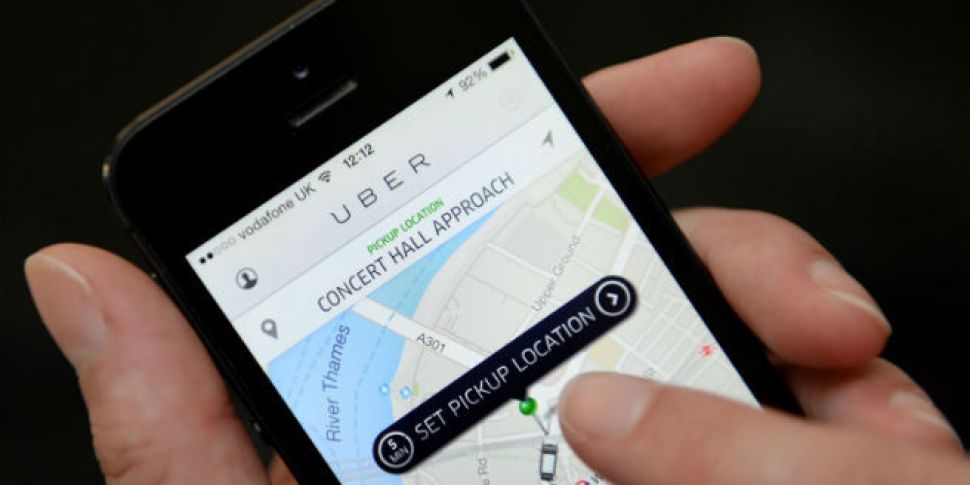Ride-sharing service Uber comes before the European Court of Justice on Tuesday, as it attempts to clarify its legal standing in the EU and escape strict regulations that would hampered its progress in the market.
The US company is making the argument that it is a digital platform, not a transport service.
It will have Finland, Greece, Poland and The Netherlands – where its European headquarters are based – supporting it in court, as well as the European Free Trade Association (EFTA).
Ireland, France and Spain, meanwhile, have stated in written submissions that the California firm should be treated as a taxi service.
It comes at a time when the European Commission is hoping to boost the EU's sluggish e-commerce sector and a ruling against Uber would reverberate around the bloc. Over 200 participants have signed up for the hearing, with a grand chamber of 15 judges set to ultimately decided Uber's fate.
The New York Times reports that the court is expected to make its decision by March 2017 at the earliest.
Since launching its app on European soil five years ago, Uber has faced fierce opposition from local councils and taxi companies. They are concerned that, if only subject to relaxed, startup-style regulation, Uber would have an unfair competitive advantage and that it could have further implications when it comes to matters of insurance, safety and workers' rights.
In 2014, Barcelona's main tax operator sued Uber, alleging that it was running an illegal taxi service (relating to its now-discontinued UberPOP service). The Spanish judge then sought guidance from the Court of Justice.
Uber has consistently argued that is is simply a platform that connects independent drivers with customers.
If it is found to be a transport service, however, the ruling would see Uber face strict rules on its business and set a precedent that could mean restrictions on the likes of homestay network Airbnb.
Last month, a British tribunal ruled that Uber drivers were, in reality, self-employed and that the company should give drivers holiday pay, pensions and the national living wage.
It was a major blow to the "gig economy" in the UK, where people work via a startup app but are classed as independent from the related company.
Back home
The National Transport Authority (NTA) poured cold water on Uber's plans to bring ride-sharing to Ireland back in August.
An NTA spokesperson has said that it is unlikely that there will be any change to the current Irish legislation preventing drivers charging for the transportation of others without a taxi licence.
While Uber has a number of taxi drivers using its service in Dublin, the majority of its worldwide business utilises unlicenced drivers using its smartphone app to ride-share.









